How to Prepare for Your Next Boiler Installation
Installing a new boiler is a significant investment that can improve your home's heating efficiency and comfort. Proper preparation is crucial to ensure the installation process goes smoothly and meets your needs. This blog post will provide you with essential ideas to help you prepare for your next boiler installation, ensuring you make informed decisions and avoid common pitfalls.
1. Research and Select the Right Boiler
The first step in preparing for a boiler installation is researching the different types of boilers available. Each has its own set of benefits and drawbacks, depending on your home's size and heating requirements. Take the time to understand which type will best suit your needs to avoid future dissatisfaction.
2. Budgeting and Costs
Understanding the cost of a boiler installation is critical for proper budgeting. According to Forbes, the cost of boiler installation or replacement varies between $1,500 to $16,000. This wide range depends on factors such as the type of boiler, the complexity of the installation, and your location. Make sure to get multiple quotes from reputable contractors to ensure you're getting a fair price without compromising on quality.
While it might be tempting to choose the cheapest option available, it's essential to consider long-term savings. Investing in a high-quality, energy-efficient boiler might have a higher upfront cost but will likely result in lower energy bills and reduced maintenance costs over time. Additionally, some energy-efficient boilers may qualify for government incentives or rebates, further reducing your overall expenditure.
3. Assess Your Current Heating System
Before installing a new boiler, it's important to assess your current heating system. Determine whether your existing radiators and pipes are compatible with the new boiler you intend to install. Upgrading an outdated or incompatible system could add to your overall costs, but it will also improve the efficiency and performance of your new boiler, providing long-term benefits.
Old or poorly maintained radiators and pipes can diminish the efficiency of a new boiler. If your current system is outdated, consider having it inspected by a professional to identify any necessary upgrades or repairs. Ensuring that your radiators and pipes are in good condition will help your new boiler operate more efficiently and prolong its lifespan.
4. Consider Energy Efficiency
Another important consideration when preparing for a new
boiler installation is energy efficiency. Modern boilers come with various efficiency ratings, and choosing a high-efficiency model can lead to significant energy and cost savings over time. Look for boilers with an Energy Star rating or those that meet the efficiency standards set by the government. Energy-efficient models might have a higher initial cost but can pay for themselves through lower energy bills.
Many modern boilers come equipped with advanced features designed to maximize energy efficiency. For example, condensing boilers utilize the heat from exhaust gases that would otherwise be wasted, making them more efficient than non-condensing models. Additionally, some boilers offer smart controls that allow you to optimize heating schedules and reduce energy consumption. Exploring these features can help you select a boiler that offers the best balance between efficiency and cost.
5. Plan for Installation Logistics
Proper planning can make the installation process much smoother. Decide on the best location for your new boiler, considering factors like ventilation and accessibility for maintenance. Additionally, inform your household about the installation schedule to minimize disruptions. Ensure that the work area is clear and easily accessible for the installers to avoid delays and complications during the installation process.
Boiler installation can be disruptive, so it's essential to schedule the installation at a time that minimizes inconvenience. Consider planning the installation during warmer months when your heating needs are lower, allowing for a more flexible schedule. Also, ensure that the installation date allows for any necessary preparations, such as clearing the installation area and arranging alternative heating sources if needed.
Preparing for a boiler installation involves careful planning and research to ensure that you choose the best option for your home. By considering the type of boiler, understanding the costs involved, assessing your current system, prioritizing energy efficiency, and planning the installation logistics, you can make the process as efficient and stress-free as possible. These steps will help you achieve a successful boiler installation that meets your heating needs and enhances your home's comfort and efficiency. Call us at Viglione Heating & Cooling today to get started.


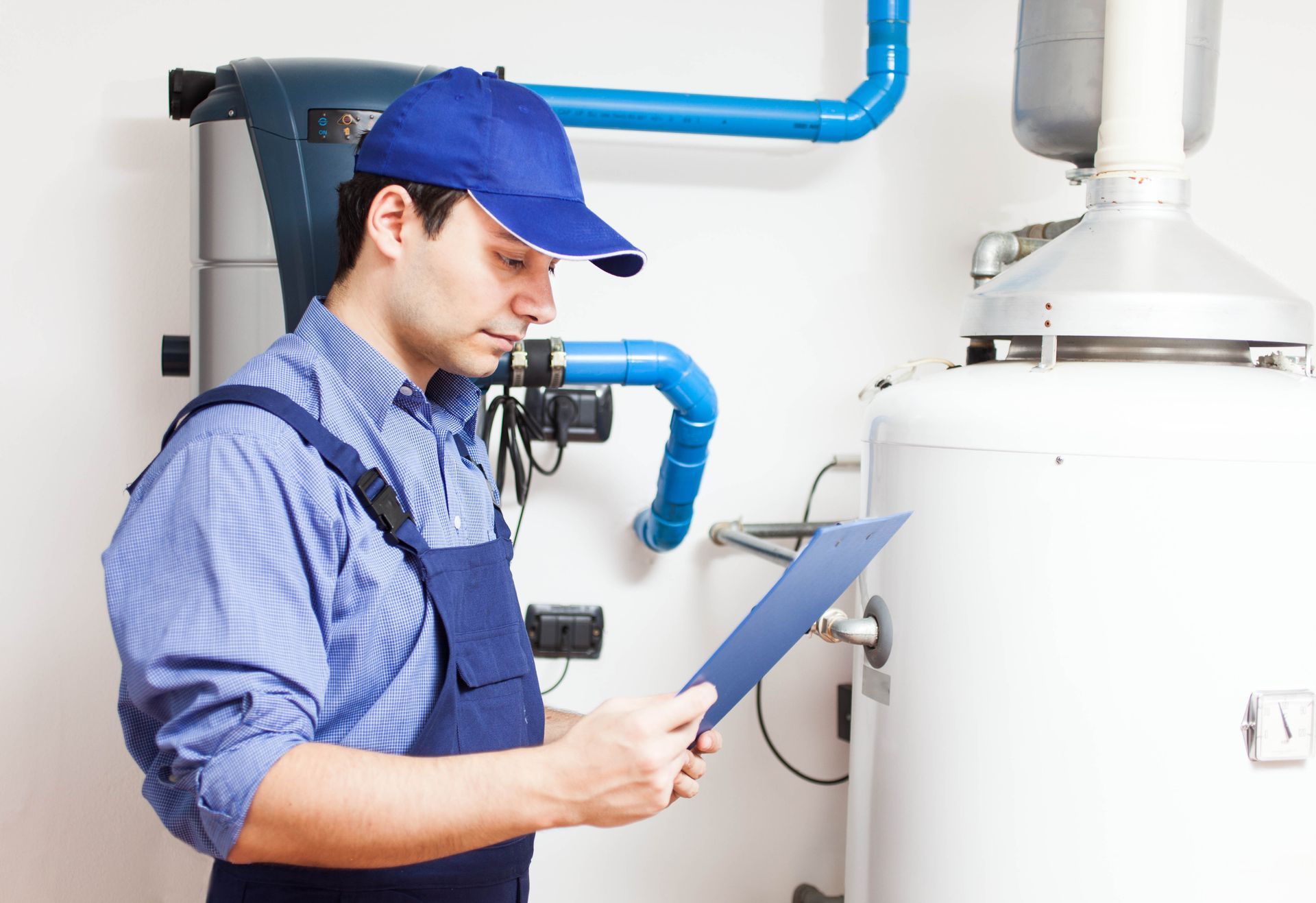
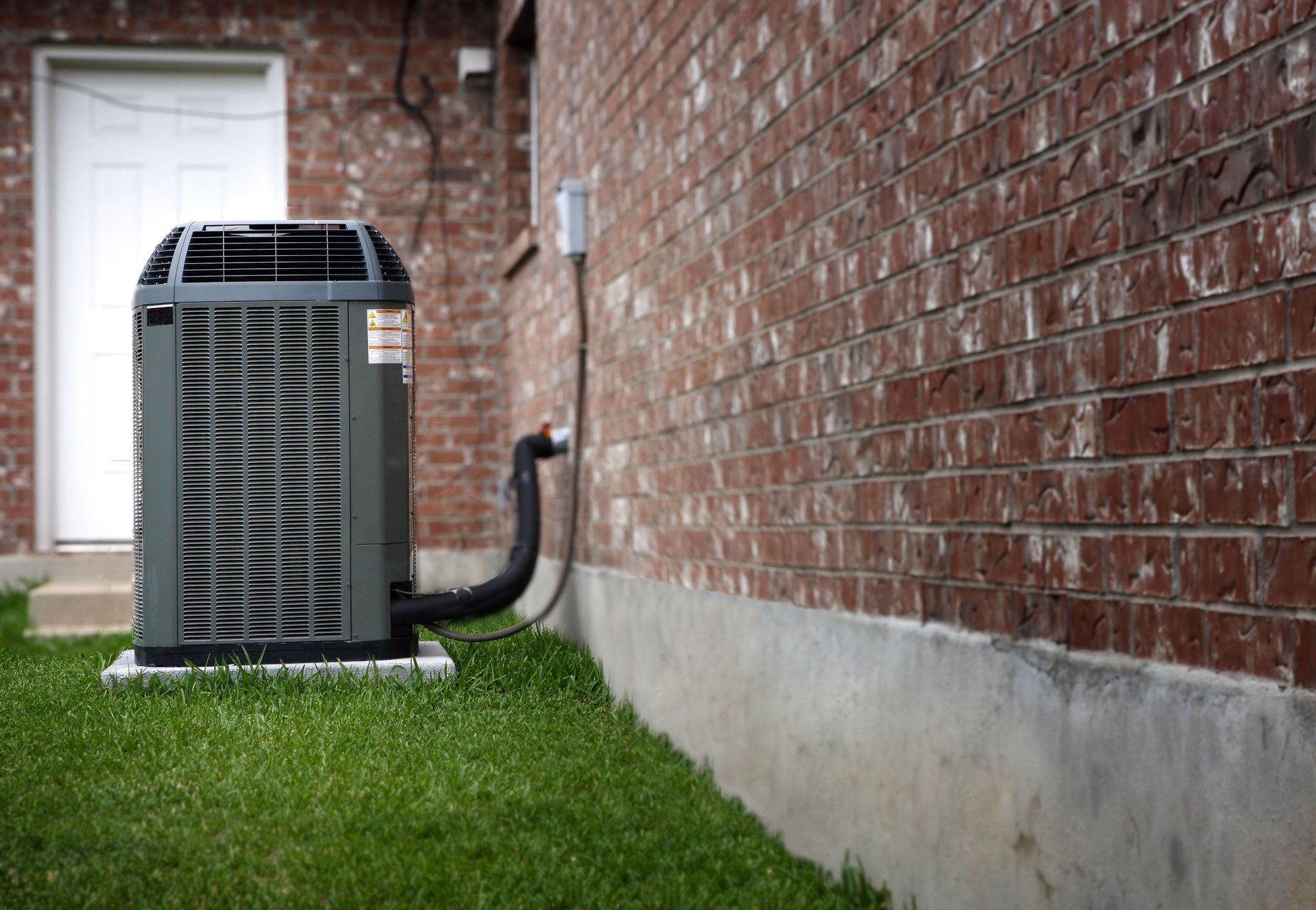
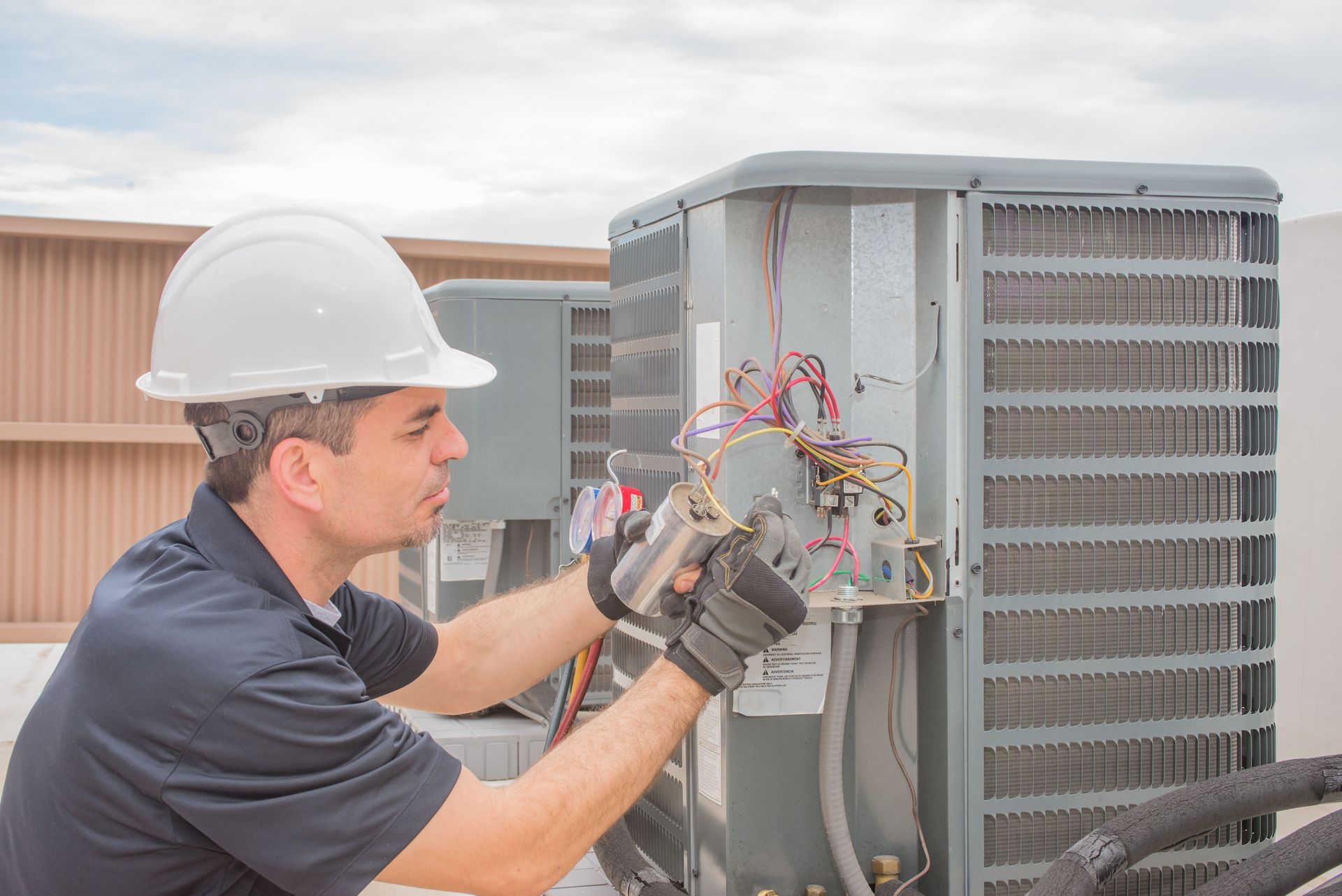
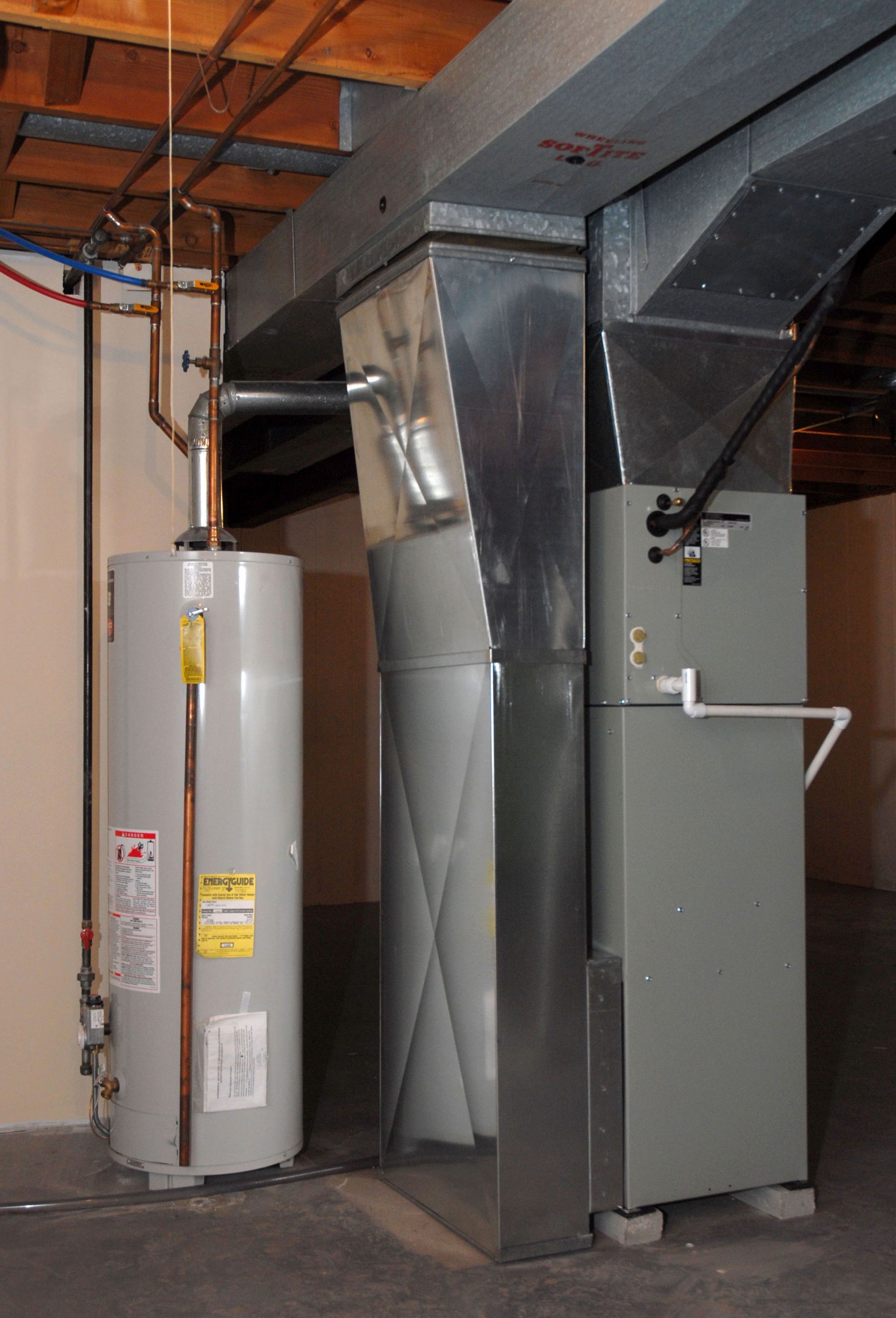
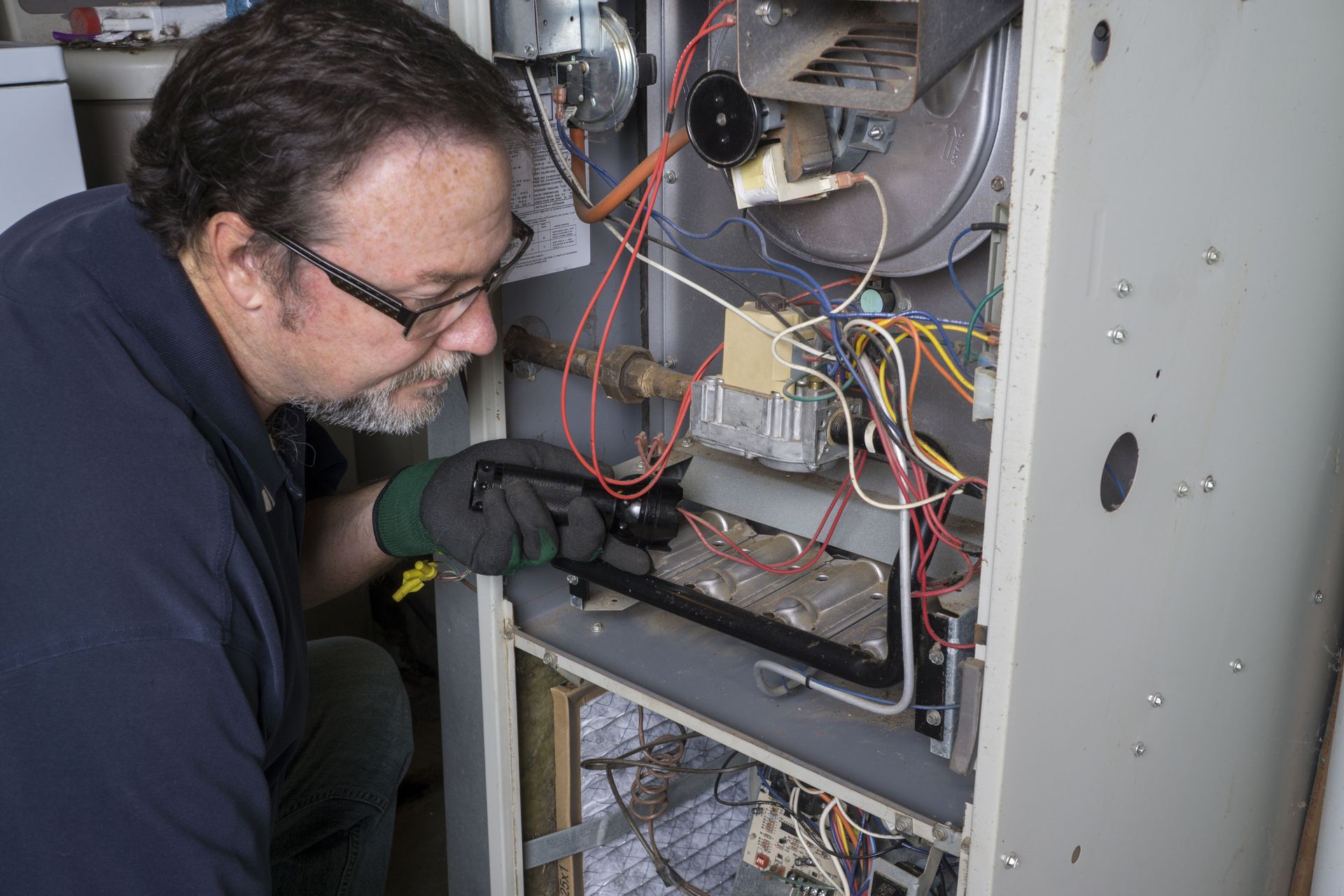

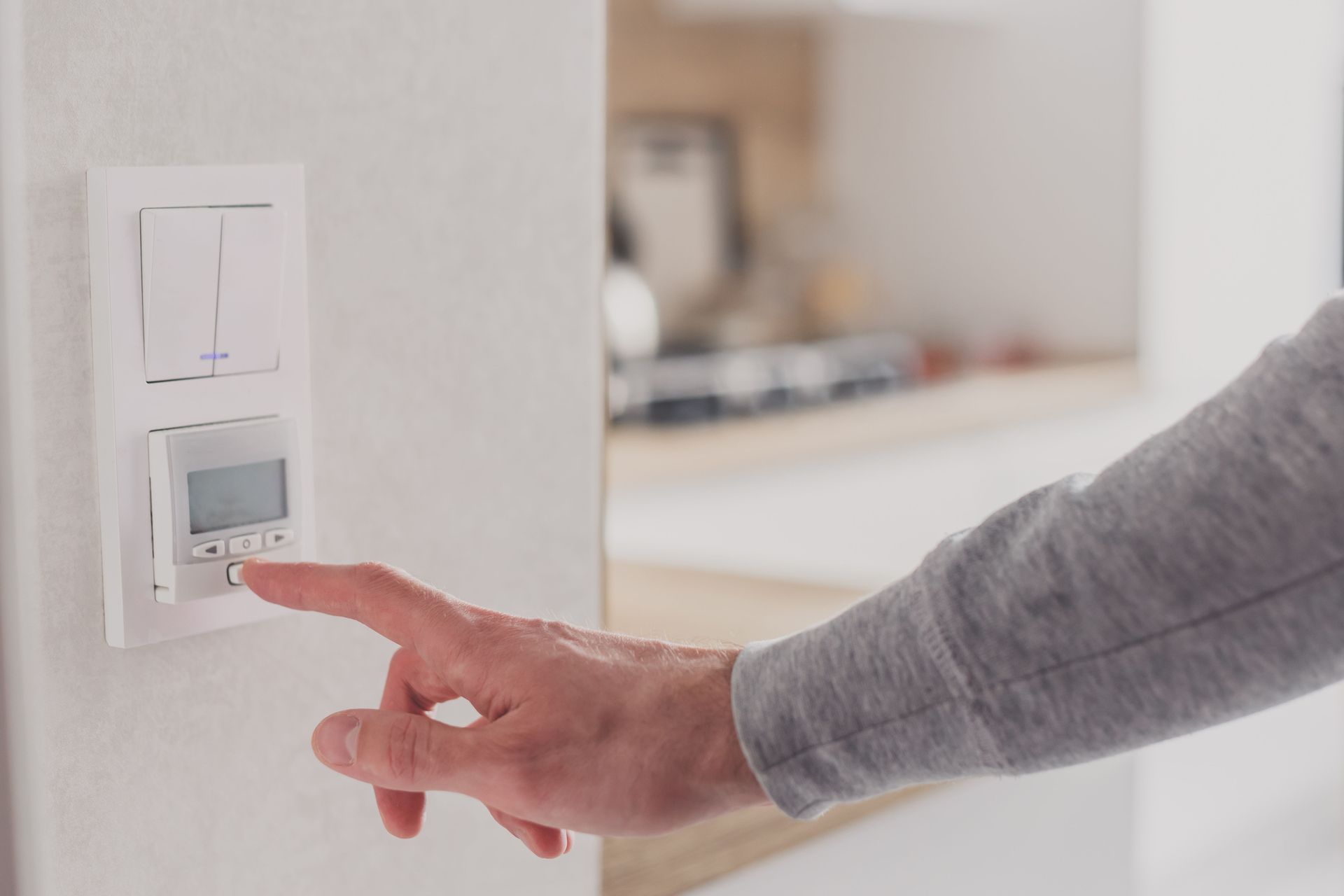
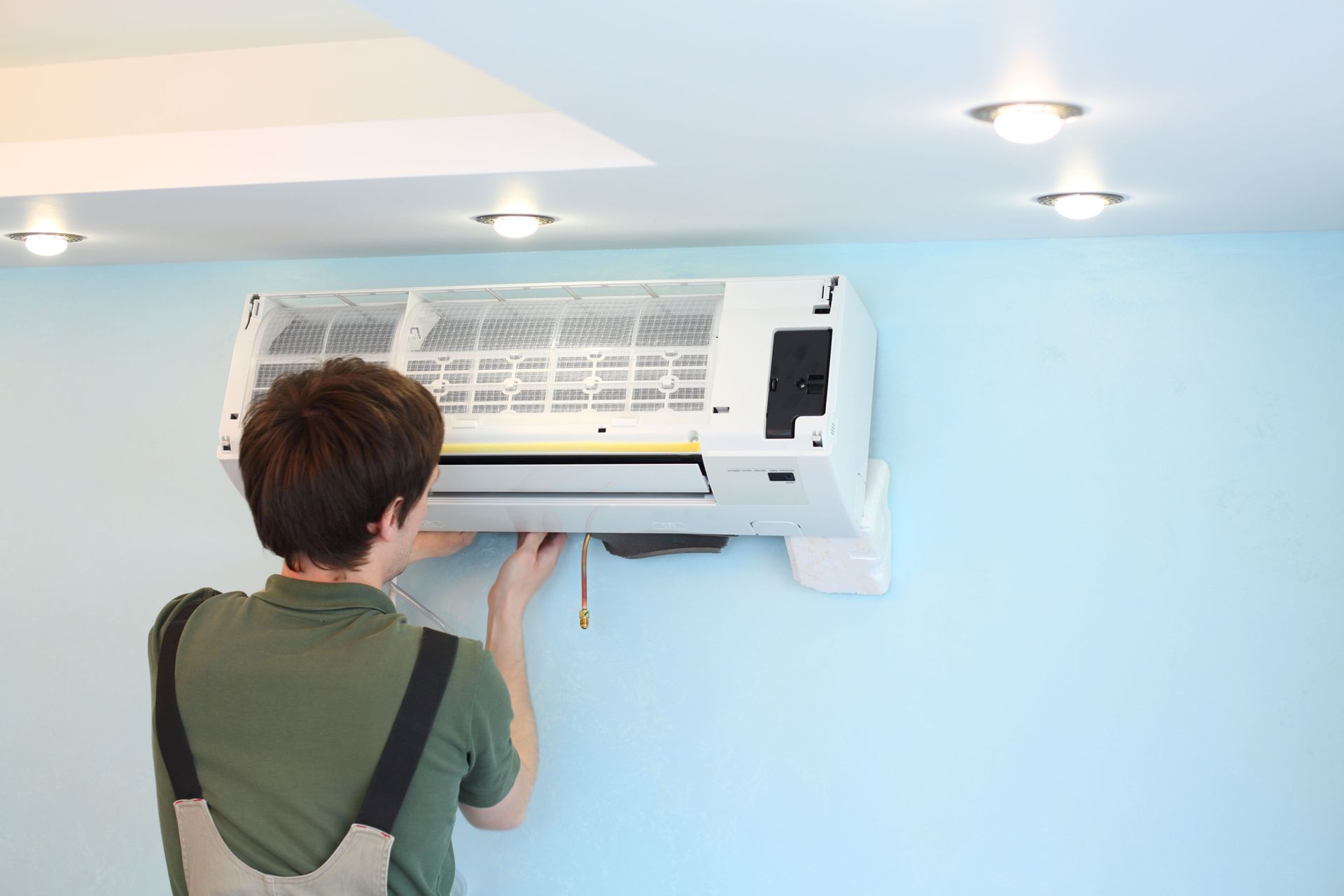
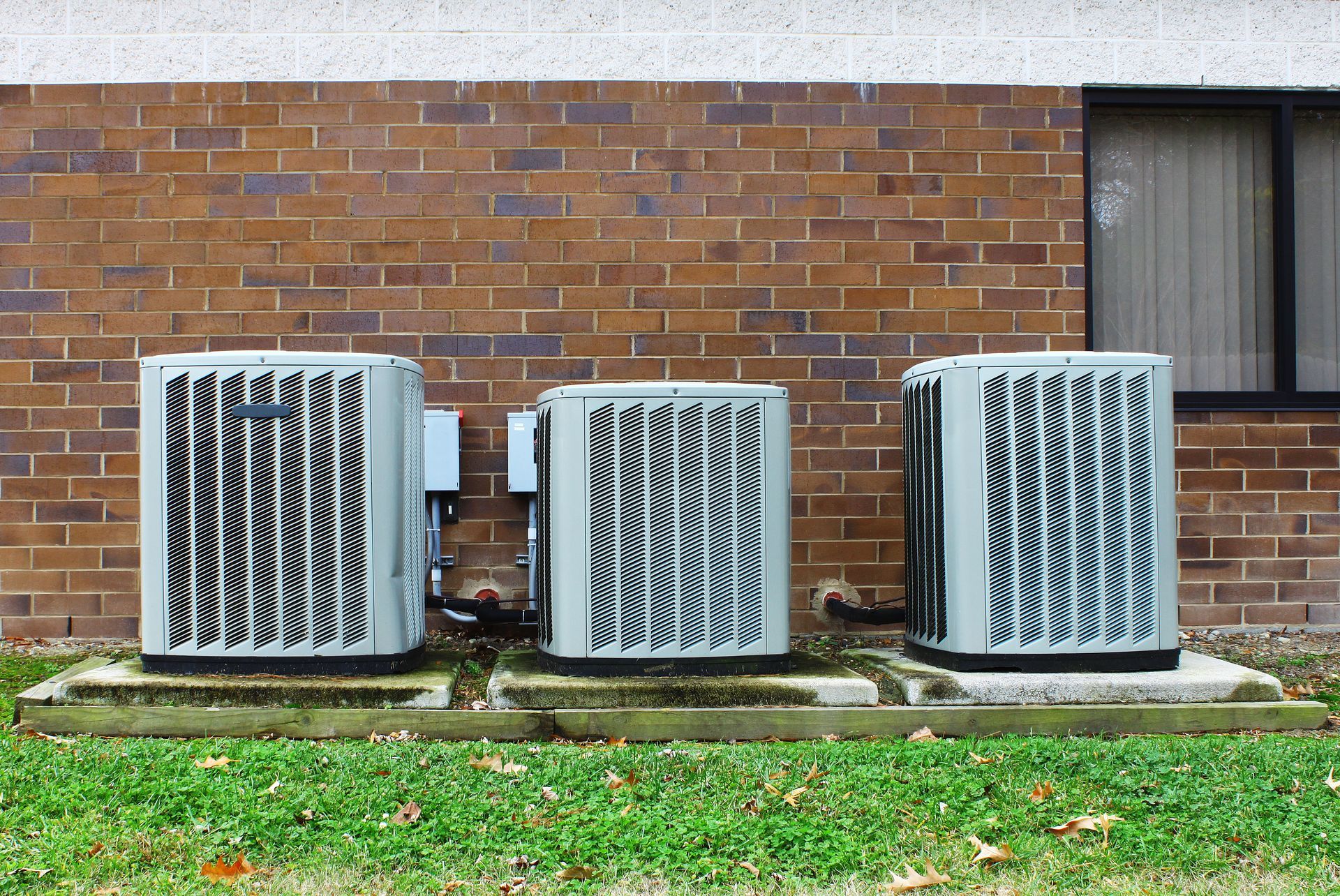
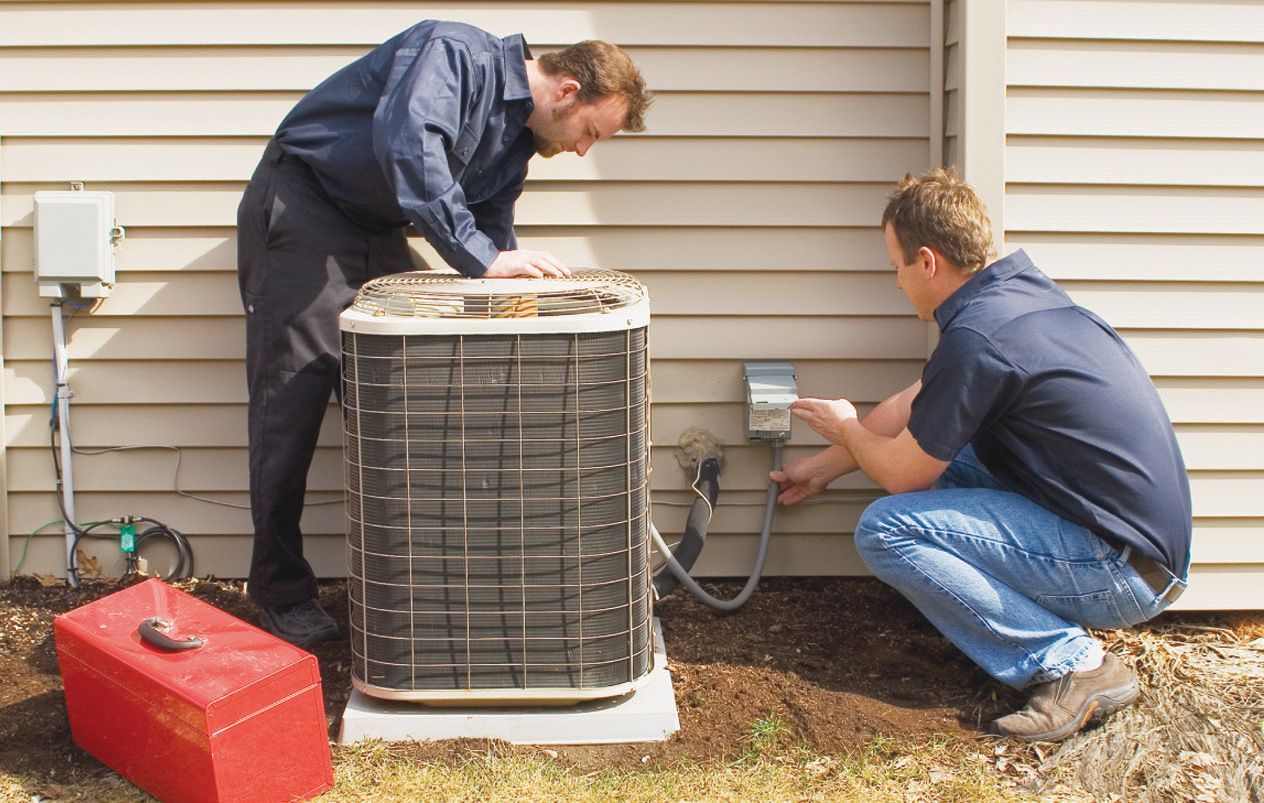
Share On: